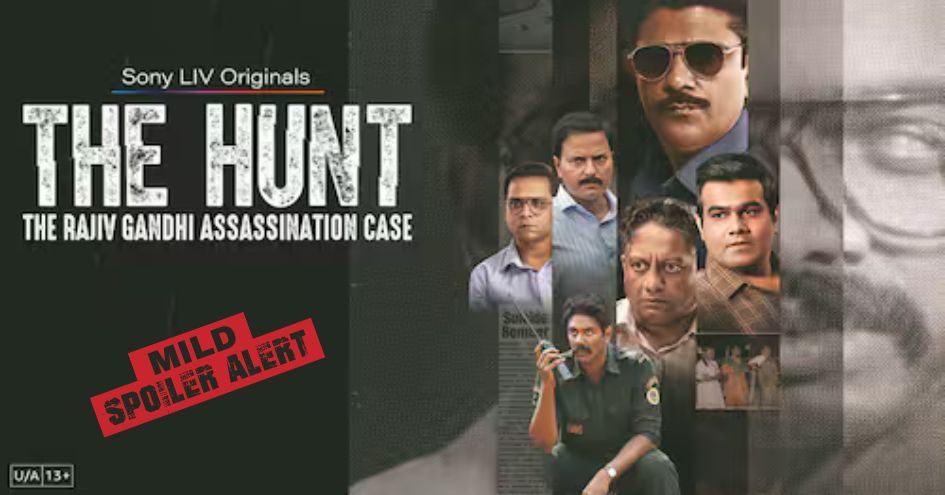
The Hunt is a riveting docu-drama that chronicles the harrowing pursuit of India's most elusive domestic terrorists. With its tight narrative and chilling real-life parallels, the series manages to hold audiences in a vice-like grip, exposing not only the dark underbelly of extremism but also the systemic lapses that plagued India's counterterrorism machinery until 2014. What begins as a promising investigation quickly spirals into a cautionary tale of missed leads, bureaucratic infighting, and a tragic lack of closure.
The strength of The Hunt lies in its immersive storytelling. It pulls no punches in detailing the meticulous planning behind the series of attacks, the ideology driving the perpetrators, and the psychological toll on the officers chasing shadows. However, beneath the surface of this high-stakes drama lies a disturbing truth that the investigation, for all its urgency, was riddled with blunders that allowed key suspects to vanish, witnesses to go silent, and families to be denied justice.
The series makes it abundantly clear that intelligence failures were not isolated incidents. There were repeated warnings, surveillance lapses, and inter-agency mistrust. Leads that should have been followed up aggressively were buried under red tape. Crucial suspects, identified early on, either slipped through the cracks or were left untouched due to "lack of evidence" a phrase that comes across more as an excuse than a legitimate limitation.
One of the most frustrating aspects highlighted by The Hunt is the inconsistency in interrogations and the sudden retractions of confessions. Key figures changed their statements mysteriously, hinting at behind-the-scenes pressure or perhaps political interference. The case was further weakened by sloppy handling of evidence and conflicting versions emerging from different wings of the investigative agencies.
What could have been a moment of national catharsis and justice ends instead in ambiguity. The show's final episodes are a somber reflection of how truth often becomes a casualty when investigations lose focus, or worse, are derailed by internal agendas. Several prime accused are still at large. Some were hastily acquitted due to "procedural lapses," while others disappeared into the ether, shielded by ideological sympathizers or institutional apathy.
While The Hunt should be applauded for its courage in bringing such a sensitive and politically charged case to the screen, it is also a damning indictment of how fragile justice can be in the face of mismanagement and egos. The series doesn't shy away from asking tough questions: How did such critical intelligence go unacted upon? Why were arrests made and then discredited? Who benefits when the truth remains buried?
In the end, The Hunt leaves viewers with a haunting sense of incompleteness. It is not just a thriller it is a mirror. A mirror reflecting a system that faltered when it mattered the most. For the victims and their families, justice remains a distant hope. And for the nation, The Hunt is a reminder that vigilance must be matched with competence, and truth must never be sacrificed for convenience.
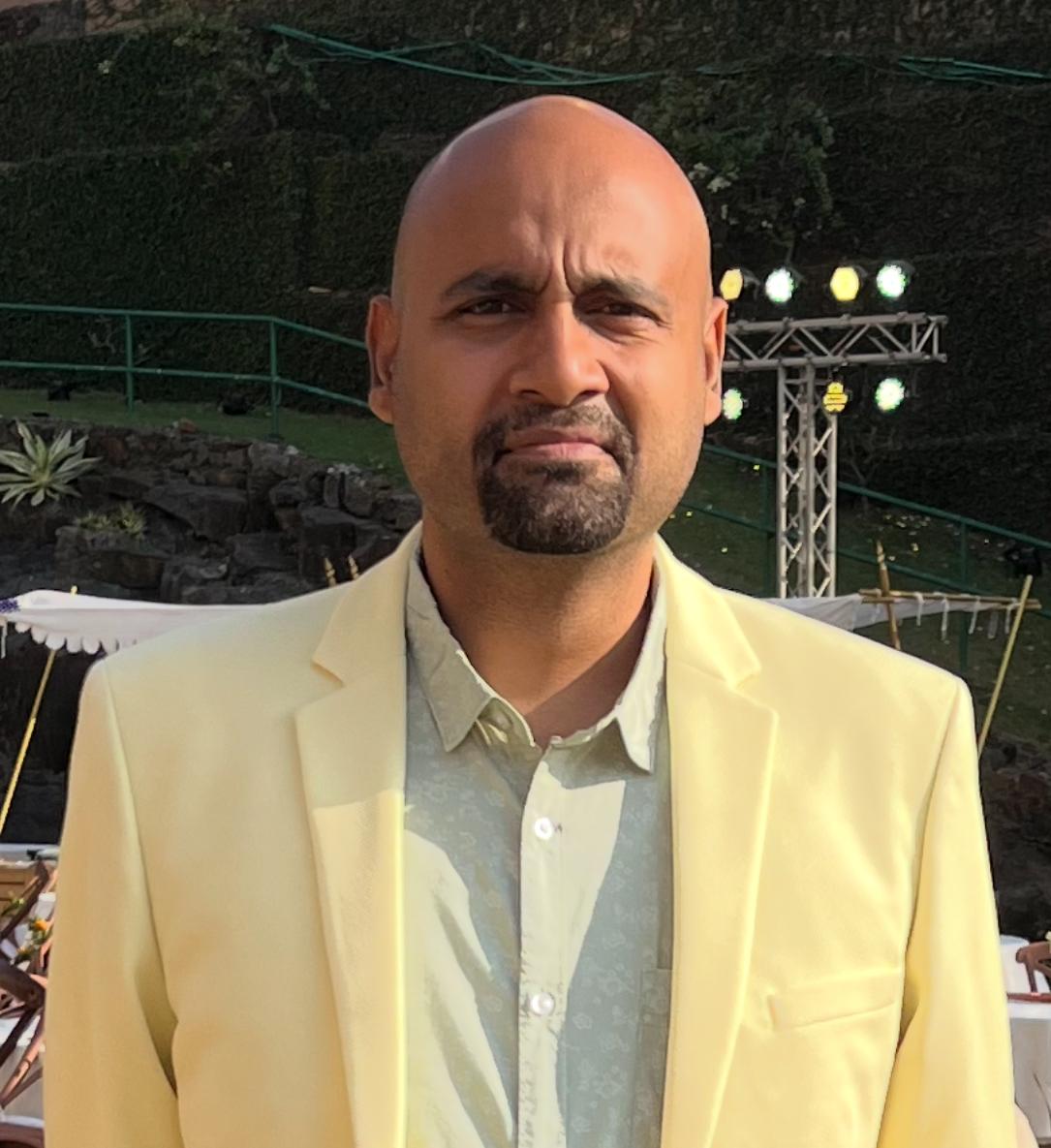 Founder of The Verandah Club and Convenor of INTACH Coimbatore. A passionate traveller and trendspotter, he lives by the philosophy Dharmo Rakshati Rakshitah.
Founder of The Verandah Club and Convenor of INTACH Coimbatore. A passionate traveller and trendspotter, he lives by the philosophy Dharmo Rakshati Rakshitah.
PREVIOUS ARTICLE
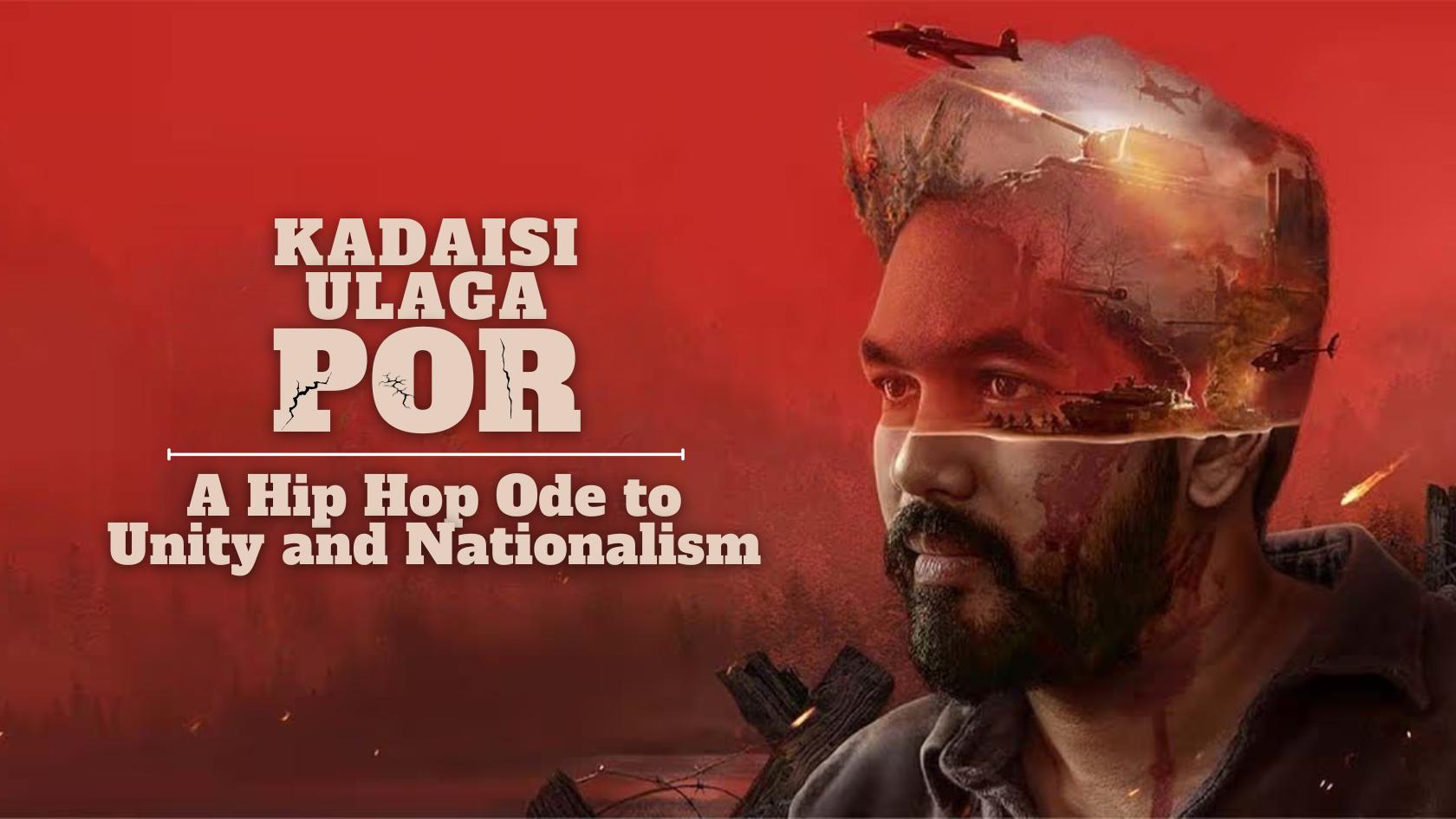
Hiphop Tamizha's "Kadaisi Ulaga Por" (The Last World War), released in 2024, transcends the typical action-packed sci-fi war movie genre. It embeds a...
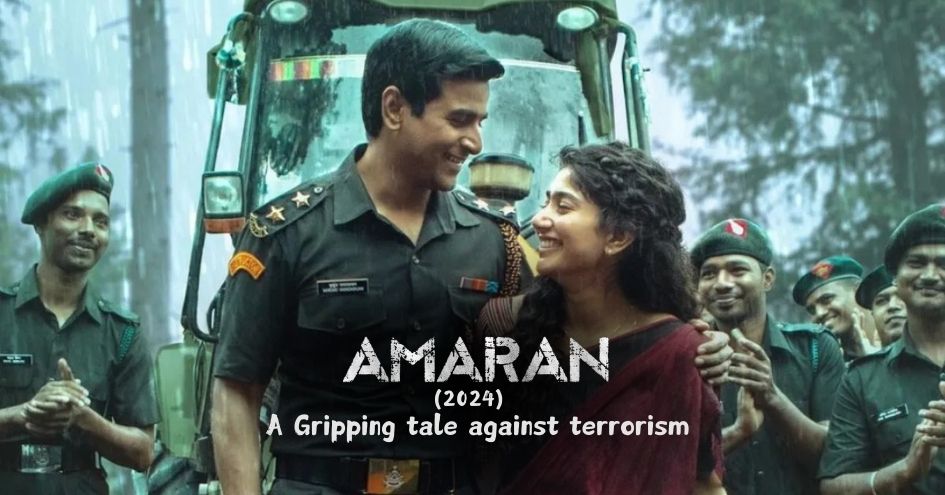
Creating war films is a challenging endeavor, and capturing the emotional struggles of soldiers and their families adds an even greater layer of com...
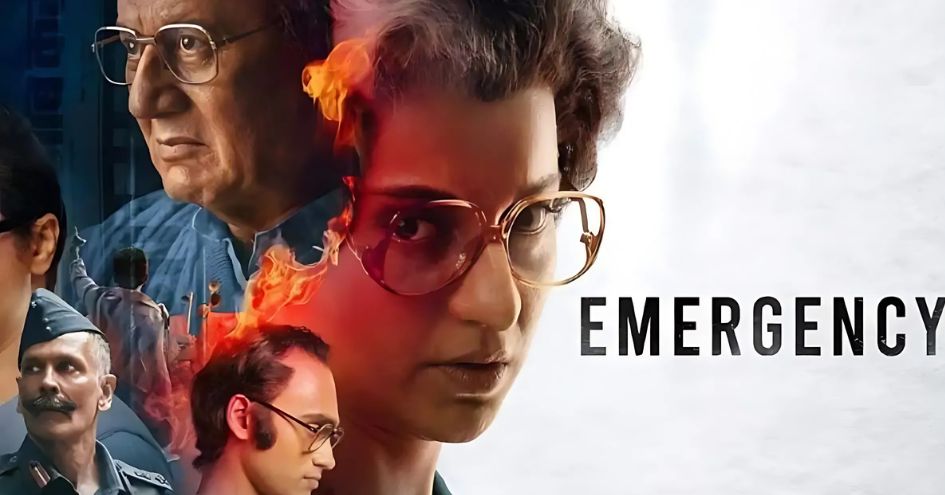
Emergency, directed by Kangana Ranaut, is a bold and gripping political drama that delves into one of Independent India’s darkest periods: the Emergen...